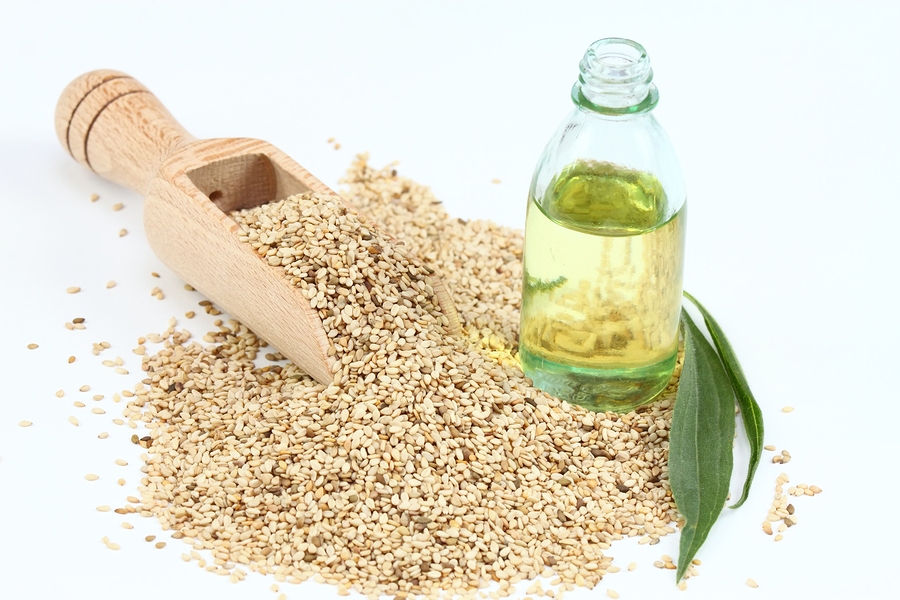- Make It Yourself Lavender Heart-Shaped Bath Bombs!
- 20 Things You Never Knew About “Down There”
- 12 Best Foods For Those Suffering From Arthritis Pain
- 12 Personal Hygiene Mistakes Almost Everyone Makes (Mom Never Told You About #4!)
- 15 Medicinal Plants And Herbs From The Cherokee People
- 12 Mind-Blowing Benefits Of Drinking Coconut Water During Pregnancy
- 12 Outstanding Winter Foods That Won’t Fatten You Up Like A Christmas Turkey
12 Powerful Benefits Of Sesame Seeds

Photo credit: bigstockphoto.com
The benefits of sesame seeds have been known for hundreds of years. Women in the past used sesame seeds mixed with honey to keep them looking young and beautiful. Soldiers back in Roman times consumed sesame seeds to keep up their strength while in battle and for energy to keep them going.
Sesame seeds have maintained their importance as scientific healers and over the past 20 years they have accumulated documented proof in many areas. While the seeds remain tiny in size, their level of importance as a healing aid in our lives today continues to grow. Check out the benefits of sesame seeds in the following areas:
1. High Blood Pressure
Magnesium is recognized for its abilities to lower blood pressure. Sesame seeds are brimming with magnesium with a single serving containing 25% of the amount that is required daily. Keeping your blood pressure levels on an even keel will help to reduce the chances of getting problems with your cardiovascular system. When your blood pressure is normal you will not have to face the risks of a heart attack or a stroke. A study conducted by the Yale Journal of Biological Medicine in 2006 showed that substituting sesame oil with other oils in hypertensive patients lowered their dystolic and systolic blood pressure numbers bringing them back to normal.
2. Gum Disease
Oil pulling is a process that has been used for years in regards to oral health. The process consists of taking sesame seed oil into the mouth for long periods of time and swishing it around. Oil pulling reduces tooth decay, bleeding gums, halitosis, and helps to make the teeth, jaw, and gums stronger than ever.
3. Diabetes
With their abundance of magnesium, sesame seeds are able to cut down on your chances of getting diabetes. They are also able to help plasma glucose in diabetics who have been proven to be hypersensitive. A study by the Clinical Journal of Nutrition was able to prove that the use of sesame oil raised the effectiveness of the type 2 diabetic drug called glibenclamide.
Continue to Page 2
































